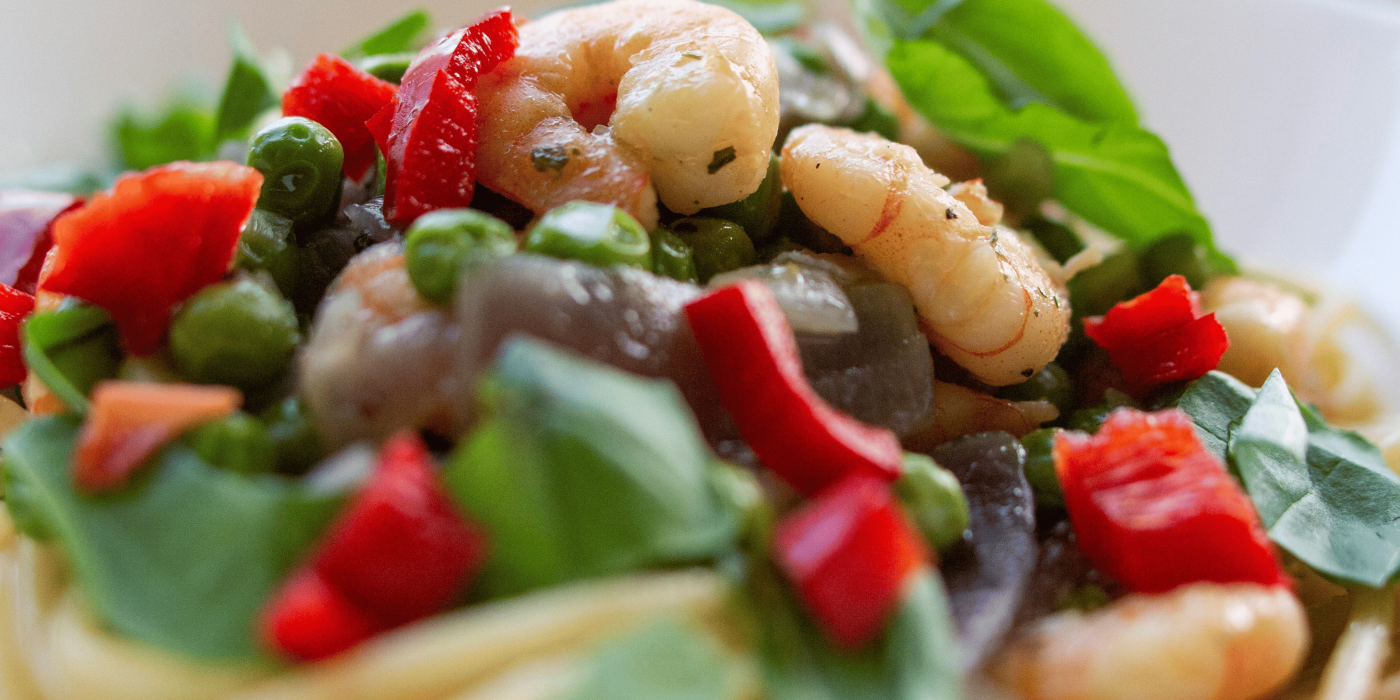Hey there, probiotics newbies!
Today, we're all about adding probiotics to your diet with ease. We'll explore simple ways to make these beneficial bacteria a regular part of your meals, so you can enjoy better gut health effortlessly.
Table of Contents
Before we jump in, let's take a quick look at how lots of different bacteria live in and on our bodies, working together to keep us healthy.
Also, we'll see how our bodies naturally get these helpful bacteria without us even knowing it.
In our bodies, there are more bacterial cells than our own cells, and they're super important for keeping us well.
Every day, our bodies encounter different kinds of tiny organisms, some good for us and some not so good.
Naturally, probiotics are obtained by our bodies from the food we eat and from the things we touch.
As we move forward to learn about incorporating probiotics into your diet, let's discover how these helpful bacteria can make a big difference in your health journey.
Incorporating Probiotics into Your Diet
Food is the main source of probiotics for us, the food we eat has a great influence on our gut microbiome.
The food we eat brings in a lot of healthy microbes as well as acts as a source of nutrition for the gut microbiome.
Now the big question arises, ”How are you going to incorporate probiotics into your diet?”
It’s simple if you aren’t a picky eater and love to try out a wide range of healthy foods .
We have listed down 4 simple ways of making probiotics a part of your diet.
Probiotic and Prebiotic Supplements:
Probiotics supplements are the best way to incorporate probiotics into your diet.
As probiotics supplements are clinically tested and totally safe to consume.
Probiotic supplements can be taken after getting a doctor's prescription.
They can be ingested as powders, capsules or tablets.
The main advantage of probiotics when compared to food items is that you are totally aware of the strain of bacteria you are putting into your body, its dosage and its safety.
Taking probiotics supplements is also a faster way of improving your gut microbiota than fermented foods.
Yogurt:
Yogurt is a well-known food item for good health as it is rich in good bacteria.
Lactobacillus delbrueckii sps bulgaricus and Streptococcus thermophilus are present in large amounts in yogurts.
However, it's advisable to steer clear of yogurts containing artificial flavorings and added sugars.
The inclusion of these additives could potentially undermine the desired effects you are aiming for.
Sugar is known to be a nutrient source1 that bad bacteria in your gut love to feast on, so keeping a control on your sugar intake can help you keep the bad bacteria in check.
Fermented Foods:
Diversifying your diet to include a broad range of fermented foods, such as kimchi, pickles, sauerkraut, and more, can significantly enhance the diversity of beneficial bacteria in your gut.
Let's talk about pickles—these little delights are not just delicious but also make for a mouthwatering snack and are commonly found in Indian kitchens.
The process of pickling goes beyond adding flavor; it's a fantastic method to extend the shelf life of various vegetables and fruits.
Consider turning carrots, cucumbers, mangoes, gooseberries, pineapples, and other tart fruits and vegetables into delightful pickles.
Furthermore, pickling is a game-changer for those usually overly sour fruits, making them more palatable.
When it comes to pickles, homemade versions triumph over store-bought ones because we have the power to control the salt content used in the pickling process.
So, not only are they tasty, but they also give you more control over what goes into your pickles.
Fermented Drinks:
Fermented drinks like Kefir and Kombucha are rich in probiotics which are good for your gut. The flavor profile is also quite unique.
Acetic acid bacteria, Lactobacillus sps, Lactococcus sps, Streptococcis sps are commonly found in these drinks.
These bacterial species are known to protect the gut from pathogenic invaders.
Kefir is also known to be low in lactose making it suitable for people with mild lactose intolerance2.
Alternative Ways Our Body Incorporates Microbes
Our body harbors trillions of bacteria without us even knowing.
Our whole body is covered with various microbes all the time.
These microbes are the reason for distinct body odors each person has.
Beneficial skin bacteria can prevent the growth of other, potentially harmful microbes.
Research has indicated that certain bacteria on the skin engage in interactions with the immune system, contributing to its ability to combat infections3.
The moment we are born, we are introduced to microbes for the first time.
As we make our journey through the birth canal, we come into contact with the vaginal microbes of our mother, which we then ingest.
This initial encounter sets the groundwork for the formation of our microbiome.
Breast milk plays a vital role in this process, acting as a primary source of lactic acid bacteria4.
This actively contributes to the development of a thriving and varied community of microbes in the digestive system of breastfed babies.
Ultimately, this natural provision supports the establishment of a robust and balanced gut environment.
If you have pets, spending time with them can expose you to a variety of microbes.
However, maintain good hygiene practices to prevent the transmission of harmful pathogens.
Activities like playing outside, gardening, taking care of animals help build your immunity by exposing you to various microbes.
Such activities should be encouraged from a young age to build a strong immune system early on in life.
Reference:
- https://www.medicalnewstoday.com/articles/318353#is-it-lactose-free
- https://www.nih.gov/news-events/nih-research-matters/compound-produced-bacteria-protects-skin#:~:text=Beneficial%20skin%20bacteria%20can%20prevent,hasn't%20been%20well%20understood
- Łubiech K, Twarużek M. Lactobacillus Bacteria in Breast Milk. Nutrients. 2020 Dec 10;12(12):3783. doi: 10.3390/nu12123783. PMID: 33321792; PMCID: PMC7764098
- Satokari R. High Intake of Sugar and the Balance between Pro- and Anti-Inflammatory Gut Bacteria. Nutrients. 2020 May 8;12(5):1348. doi: 10.3390/nu12051348. PMID: 32397233; PMCID: PMC7284805





